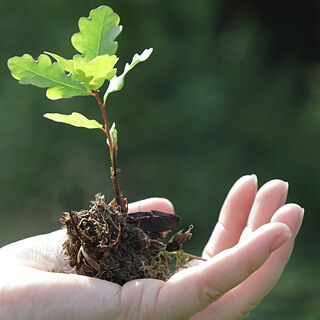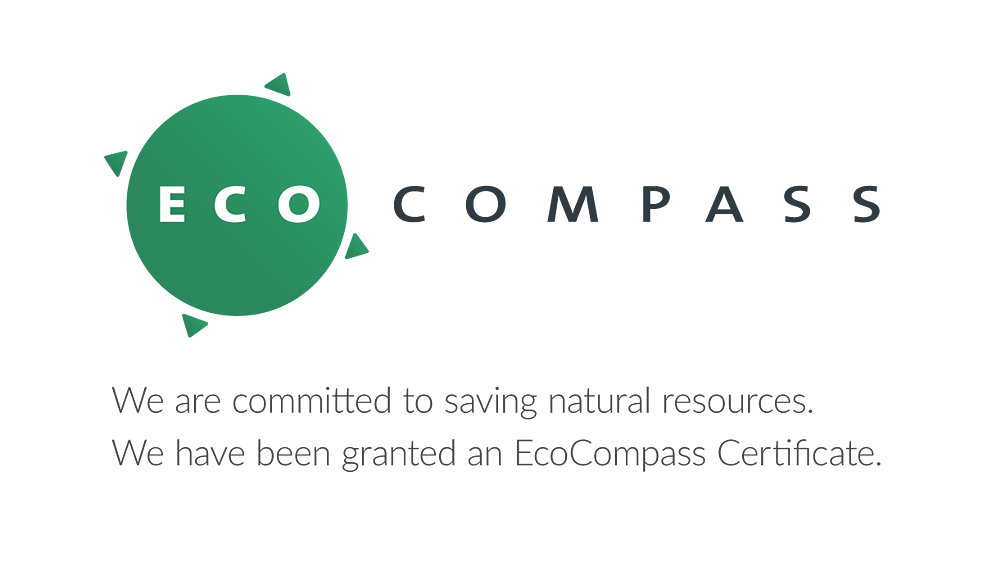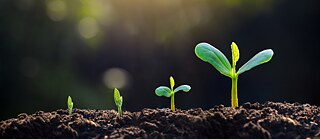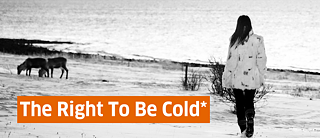Sustainability
We are committed to reducing the environmental impact of our operations and to increasing ecological consciousness in our way of working.
Ekokompassi Certificate
For us, environmental responsibility means concrete actions in our own operations. We are committed to saving natural resources and increasing positive effects on the environment. As a proof of this, we have been awarded the EcoCompass Certificate.
Further infomation on EcoCompass




